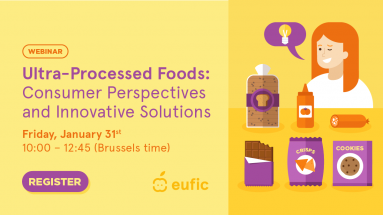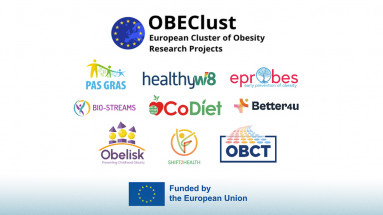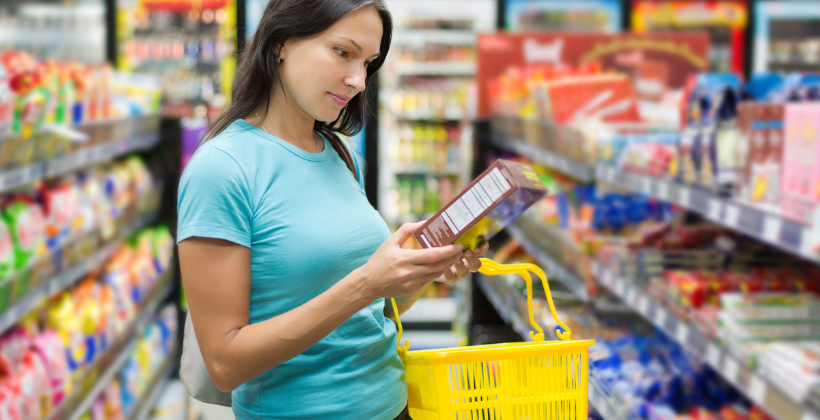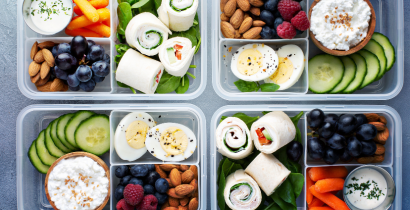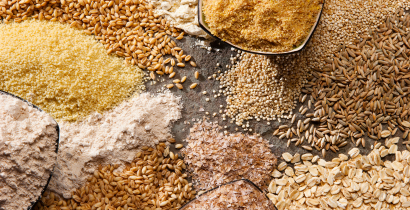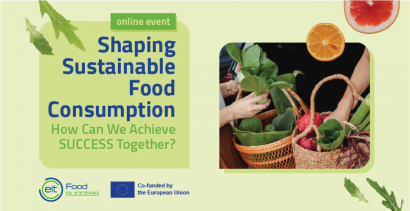Desmontando mitos: averigua si comer hidratos de carbono engorda
This food swap could extend your lifespan and help you age better - The Mirror
Eight myths about breakfast that scientists want to bust
Ultra-Processed Foods: Consumer perspectives and innovative solutions
Ultra-processed foods (UPFs) are a pressing issue in public discourse—from health concerns to policy discussions—but what do EU consumers really think?
€80M EU-funded Projects Launch Unprecedented Collaboration to Address the Obesity Crisis in Europe
Obesity has reached epidemic proportions, now affecting more than 1 billion people worldwide. In response to this growing crisis, nine EU-backed projects have joined forces leading to the formation of OBEClust: the European Cluster of Obesity Research Projects.
Microbes4SustainableFoods Cluster Secures €45M+ in EU Funding to Drive Innovation in Sustainable Food and Health
As demand for sustainable food grows, microbiome-based innovations like fermented foods support health and the environment. The Microbes4SustainableFoods (M4SF) Cluster leads EU-backed research on food system microbiomes and welcomes MICROBIOMES4SOY and MICROBE to strengthen its mission.
Simplifying food labels with EUFIC’s interactive tool
¿Cómo comer ‘de súper’ en el trabajo de forma saludable?
Whole grain switch challenge urges people to improve their health – and the planet’s at the same time
Driving Sustainability in Food Retail: EIT Food SUCCESS Launched Toolkits to Empower Retailers and Consumers
The EU-funded EIT Food SUCCESS project launched two key outputs — a Retailer Toolkit and a Consumer Toolkit — during the final online symposium on 26 November 2024.



